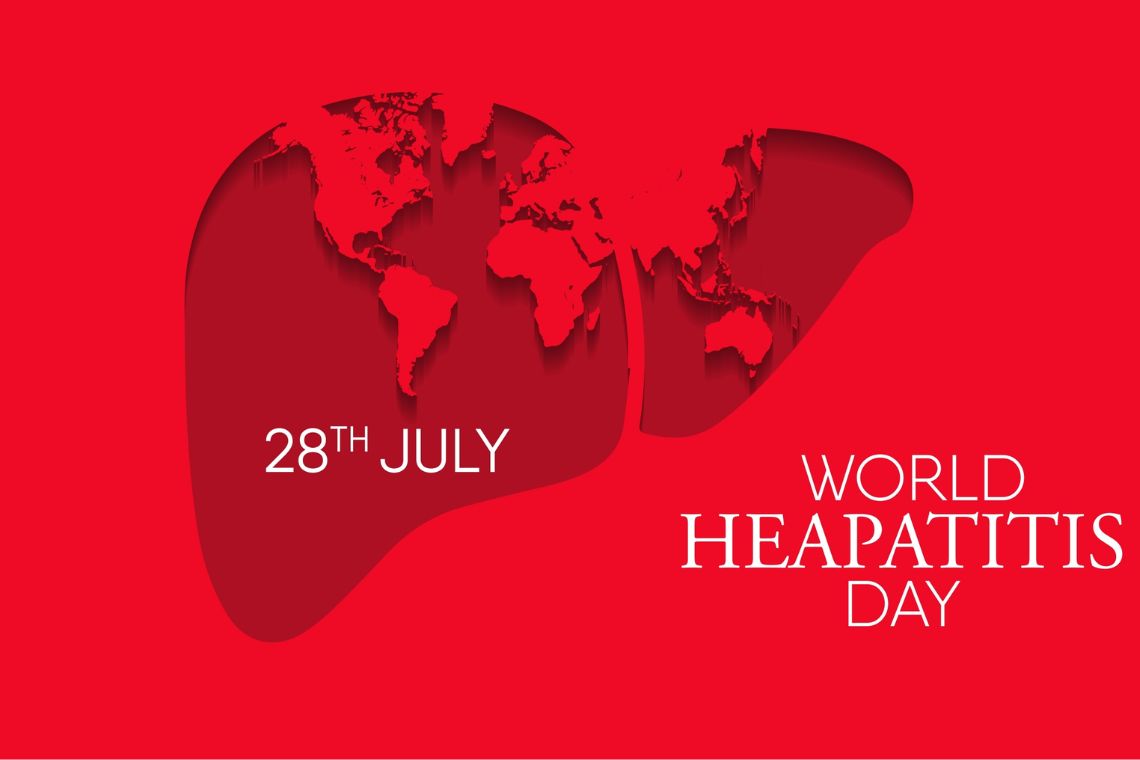Islamabad – On the occasion of World Hepatitis Day 2025, the World Health Organization (WHO) has urged Pakistan to accelerate its national strategy to eliminate hepatitis B and C, warning that the country remains one of the highest-burdened nations in the region.
With over 20 million Pakistanis infected and around 150,000 new cases reported annually, WHO officials emphasized that Pakistan must overcome barriers such as limited access to testing and treatment, high costs, and social stigma to meet the 2030 global elimination target.
The 2025 theme, “Hepatitis: Let’s Break It Down,” highlights the need to dismantle systemic and societal obstacles, particularly in low- and middle-income countries. WHO praised Pakistan’s National Hepatitis Elimination Programme, launched in 2024, which aims to screen 80 million people by 2027 and provide treatment to 5 million patients.
Despite this initiative, public health experts warn that implementation remains inconsistent, especially in rural and underserved areas. The lack of decentralized services and high diagnostic costs continue to restrict access for vulnerable populations.
Dr. Muhammad Sadik Memon, a public health leader recognized as an Elimination Champion by the Coalition for Global Hepatitis Elimination, urged the government to adopt a people-centered approach, improve community-based screening, and enhance inter-agency coordination.
Globally, WHO reported that while most countries have made progress in reducing pediatric hepatitis B prevalence, few have met targets for adult diagnosis and treatment coverage, particularly for hepatitis C.
WHO officials reaffirmed their commitment to supporting Pakistan through technical assistance, funding partnerships, and monitoring tools.
This story has been reported by PakTribune. All rights reserved.



